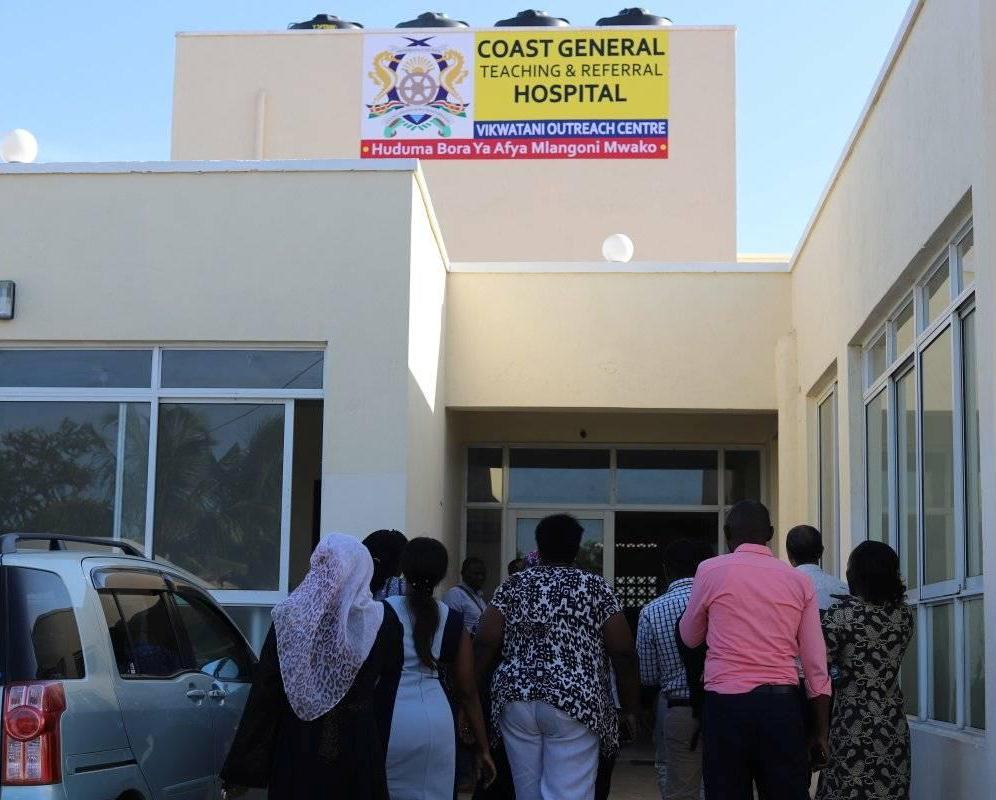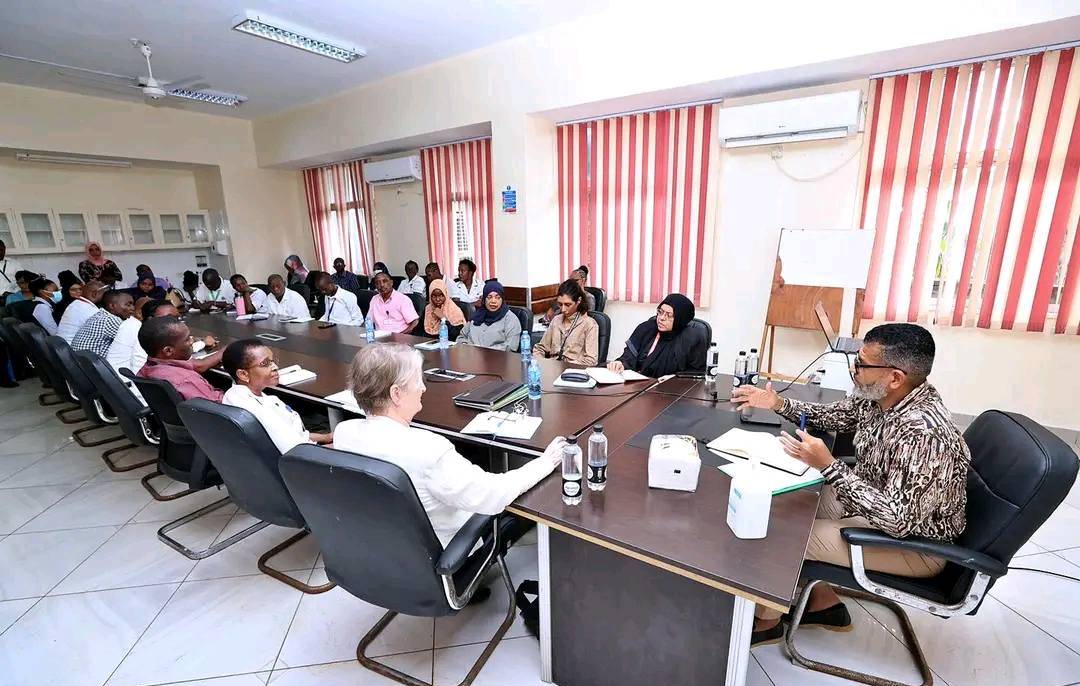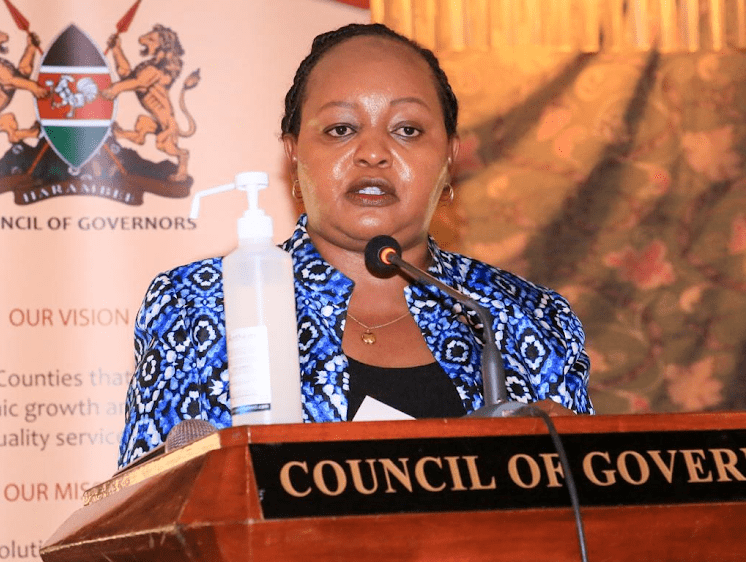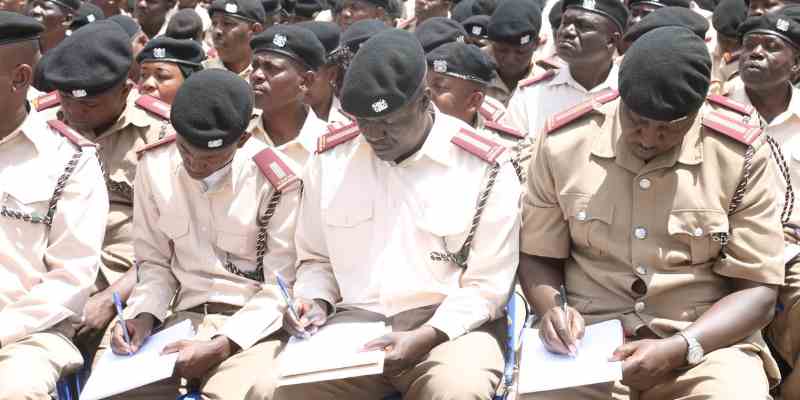A recent inspection by the Senate Committee on Health has exposed alarming concerns about the state of Coast General Teaching and Referral Hospital, one of Kenya’s largest and historically respected medical institutions. Conducted on June 19, 2024, the inspection revealed significant infrastructural, operational, and staffing challenges threatening the hospital’s ability to deliver adequate care.
Led by Senator Jackson Mandago, the inspection team engaged with senior officials, including Mr Jeizan Faruk (County Secretary), Dr Swabah Ahmed Omar (County Executive Committee Member for Health), Dr. Igabat Khamdwallah (Chief Executive Officer), Dr. Wanjiru Korir (Deputy CEO), and Senator Mohammed Faki. Their findings depict a hospital in distress, struggling to meet the region’s growing healthcare demands.
Coast General Teaching and Referral Hospital, once a beacon of medical excellence, is Kenya’s second-largest hospital, with 723 beds and 1,245 staff across 10 departments. However, the inspection revealed systemic issues have eroded its capacity to provide effective healthcare.

A major concern is the underutilization of critical medical equipment. The hospital possesses a Positron Emission Tomography (PET) scanner, but it remains uninstalled and unused. The dialysis unit is also severely under-resourced, with only eight functional beds, far below the number needed to meet regional demand for kidney treatment.
Staffing shortages, exacerbated by high attrition rates and delays in hiring replacements, further strain operations. Inadequate funding for daily activities compounds these issues, while ongoing industrial action by medical staff has disrupted revenue collection and service delivery.
The hospital’s failure to modernize its processes is another critical issue. Despite its status as a major healthcare institution, Coast General relies on outdated digital infrastructure, hindering efficiency and creating bottlenecks in patient care. For instance, the pharmacy uses manual bin cards for stock management instead of automated systems, leading to delays and inefficiencies in distributing medical supplies.
The maternity ward faces severe challenges, with insufficient delivery beds and critically low staffing levels. During the inspection, only one nurse was on duty, a dire situation given the ward’s role in ensuring safe maternal and neonatal care. Meanwhile, the newborn unit is overwhelmed, with 50 infants cared for by just 12 nurses working around the clock. This overextension endangers both mothers and babies.
The hospital’s physical infrastructure is deteriorating rapidly. The Committee observed leaking corridors near operating theatres, with rainwater pooling in walkways and ramps. These conditions create slippery, hazardous environments for patients, staff, and visitors, compounding the hospital’s operational challenges.
Beyond internal issues, the region faces a rising incidence of kidney disease among children, driven by acute infections, dehydration, inadequate breastfeeding, and malnutrition. The hospital lacks the resources to provide specialized care for these young patients, who urgently need treatment.
The Senate Committee’s findings highlight a hospital in crisis. Urgent reforms are needed to address staffing shortages, inadequate funding, outdated systems, and deteriorating infrastructure. The Kenyan government must prioritize resource allocation to modernize medical equipment, upgrade digital systems, and repair infrastructure. Equally critical is supporting the hospital’s workforce through better training and remuneration to ensure quality care.
For the thousands of patients who depend on Coast General, swift and decisive action is essential. Without reform, the hospital risks losing its status as a cornerstone of regional healthcare, leaving many without the care they need and deserve.





